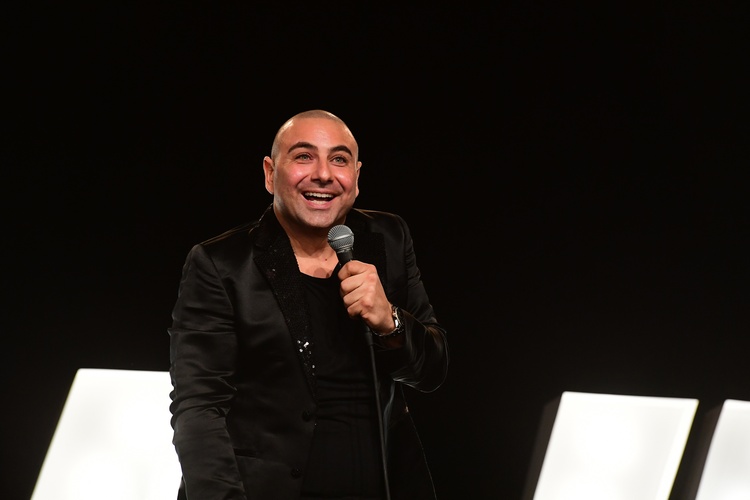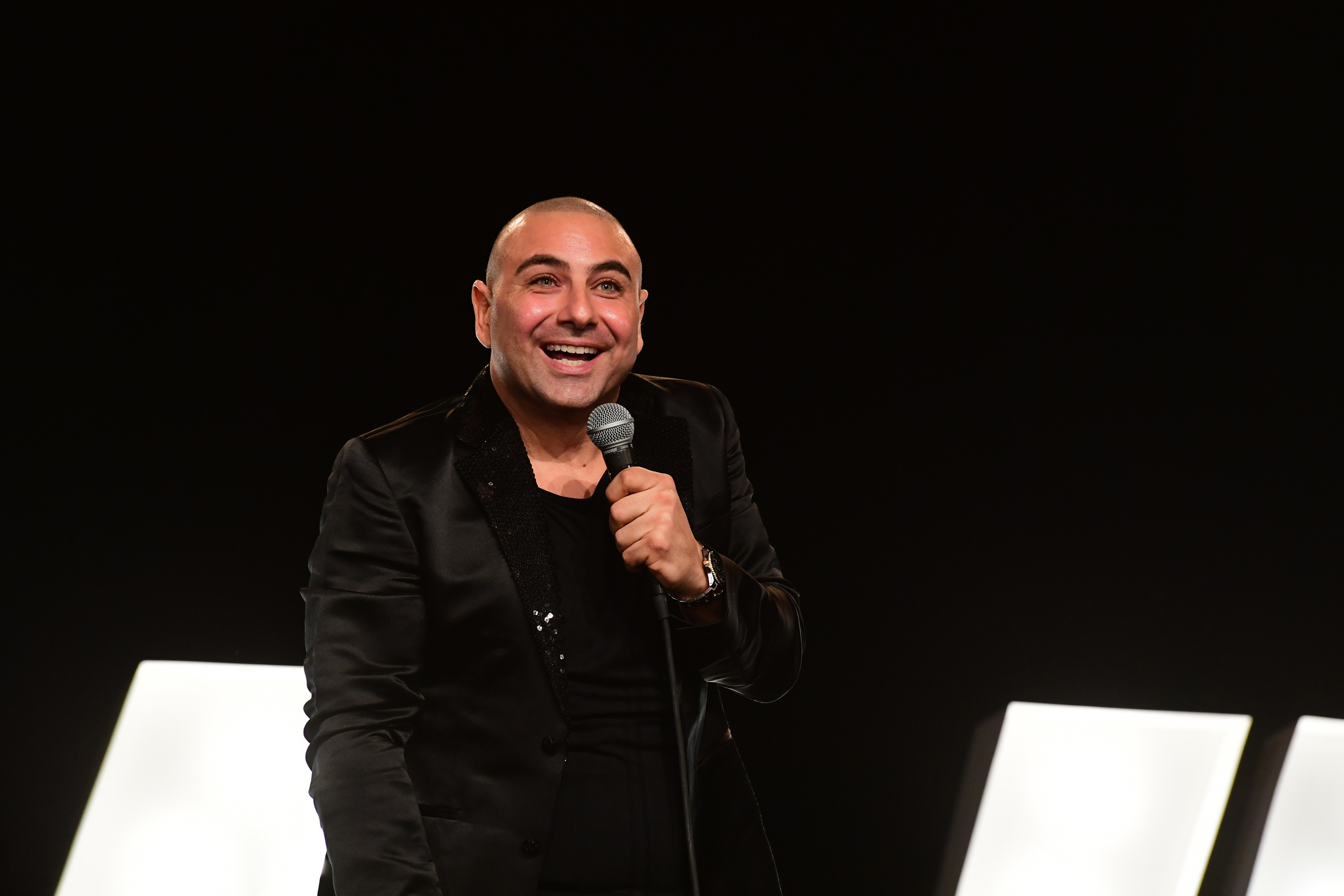Though Avati never planned to pursue a career in stand-up, the comedian has joined the ranks of other famous entertainers such as Carl Barron, Judy Lucy and Shane Bourne, and has been named one of the best comedians in his field.
Born and raised in suburban Sydney, Avati has Calabrian heritage on both sides of his family.
“All my grandparents were born in Reggio Calabria and migrated to Australia after the war,” he said.
“I’ve been to Italy several times and have visited the places where my family originated from.
“I’ve never performed in Italy, but I’d like to one day.”
As a child, Avati dreamed of being a singer, looking up to figures such as George Michael.
After realising that he was not suited for such a career, he decided to try his hand at alternatives, and landed on comedy.
“A friend of mine urged me to consider a career in comedy,” Avati said.
“I was known for my jokes.”
In his 20s, Avati studied food science at university.
After completing his degree, he began working at Streets Ice Cream, where he helped to develop the ice-cream culture in Australia and distribute Magnum ice-creams.
Curious about the world of comedy, Avati began to read books on the subject and study effective techniques during his free time.
Soon after, he began performing in Sydney restaurants and small theatres, and his audience slowly grew.
Avati jumped at the opportunity to perform at the Melbourne International Comedy Festival, which boosted his visibility and helped to advance his career.
His first show, Livin’ La Dole-Cheque Vita, was a huge success and Avati toured all around Australia before venturing to the United Kingdom, the United States and Canada, where it still holds a record for how fast tickets sold out.
“It all happened very quickly,” Avati said.
“I achieved all that success in five or six years, when it normally takes 15 or 20 years.
“I think the key to my success abroad is linked to the size of the Italian communities.
“They understand even the smallest nuances of what I’m talking about.
“When I travel to these other countries, I also bring with me a type of comedy that isn’t common.
“It’s a very Australian custom to make fun of ourselves and our environs; it’s a part of our culture that we all enjoy.”
Avati’s shows are mostly in English but the comedian has also been known to speak a mixture of Italian, English and Calabrian dialect, as when he first started out, his audience was mainly made up of migrants from the Bel Paese.
Avati will premiere his new show, 25 Live: Have Some Respect, on March 18.
Beginning in Adelaide, Avati will then travel to Melbourne and perform at the Palais Theatre on May 14.
During the subsequent two years, the comedian will perform his show in the United States, the United Kingdom, Canada, New Zealand, Belgium, Ireland, South Africa and many other countries.
25 Live: Have Some Respect will honour the comedian’s 25-year career and will cover several new topics.
“It’s as if my shows have grown with me and have adapted to my life experiences,” Avati said.
“I talk about growing up and becoming an adult in an ethnic family, as well as getting married and becoming a father.”
The comedian highlights the differences between being a young person in today’s society and the era in which he grew up.
Avati is constantly inspired by his family and talks about them in his shows.
“I have two children: a one-year-old and a nine-year-old,” he said.
“My daughter lives overseas so I don’t have many opportunities to see her, but I speak Calabrian dialect with my youngest, as she’ll learn English when she goes to school!”
The title of Avati’s new show is aimed at young people, encouraging them to show greater respect for their parents.
“My audience is mostly made up of young people,” Avati said.
“That’s why I avoid swearing in my shows and keep to ‘safer’ topics.
“I think there are profound differences between the way I grew up and how children are raised now.”
Avati observed these differences in his own father, who has become softer since the arrival of his grandchildren.
“I’ll never forget the stern looks my father used to give me as a child,” he recalled.
“One look from him and I’d stop whatever I was doing.
“Now, if I try to look at my children that way, they ask me what I’m looking at.”
This parent-child dynamic fascinated Avati so much that he published a book about it last December, entitled When I Was Your Age.
For more information about Avati’s shows, visit his website.












